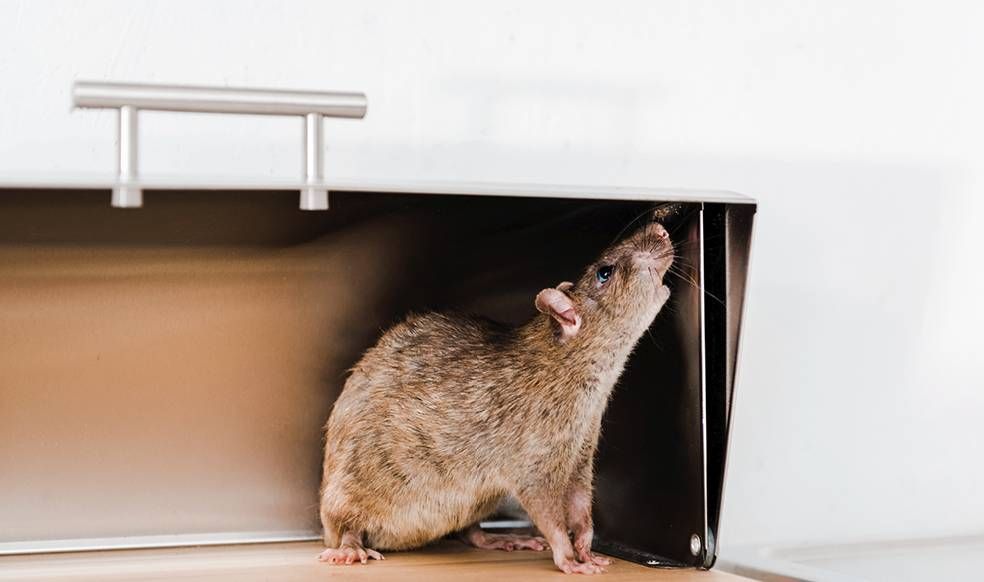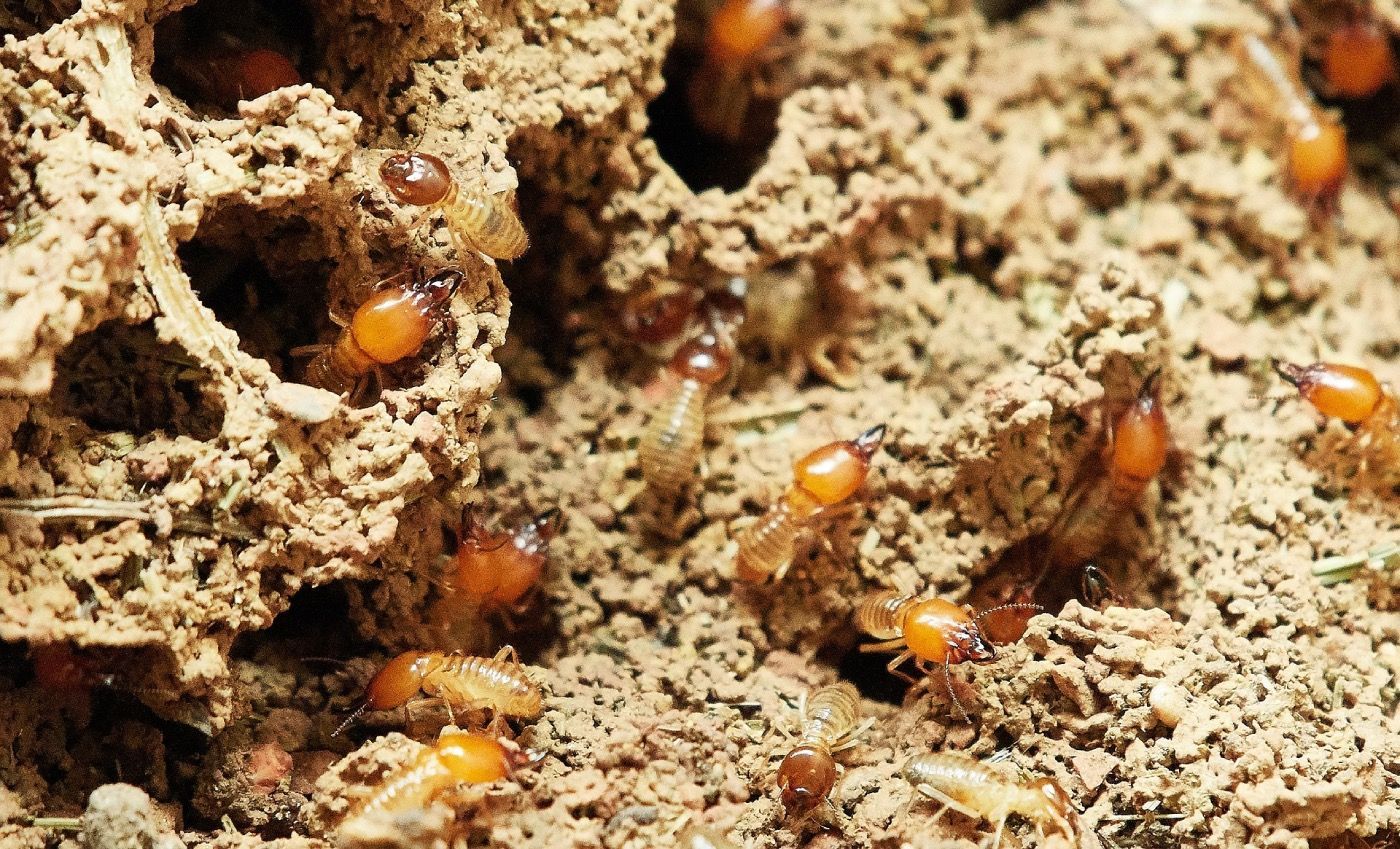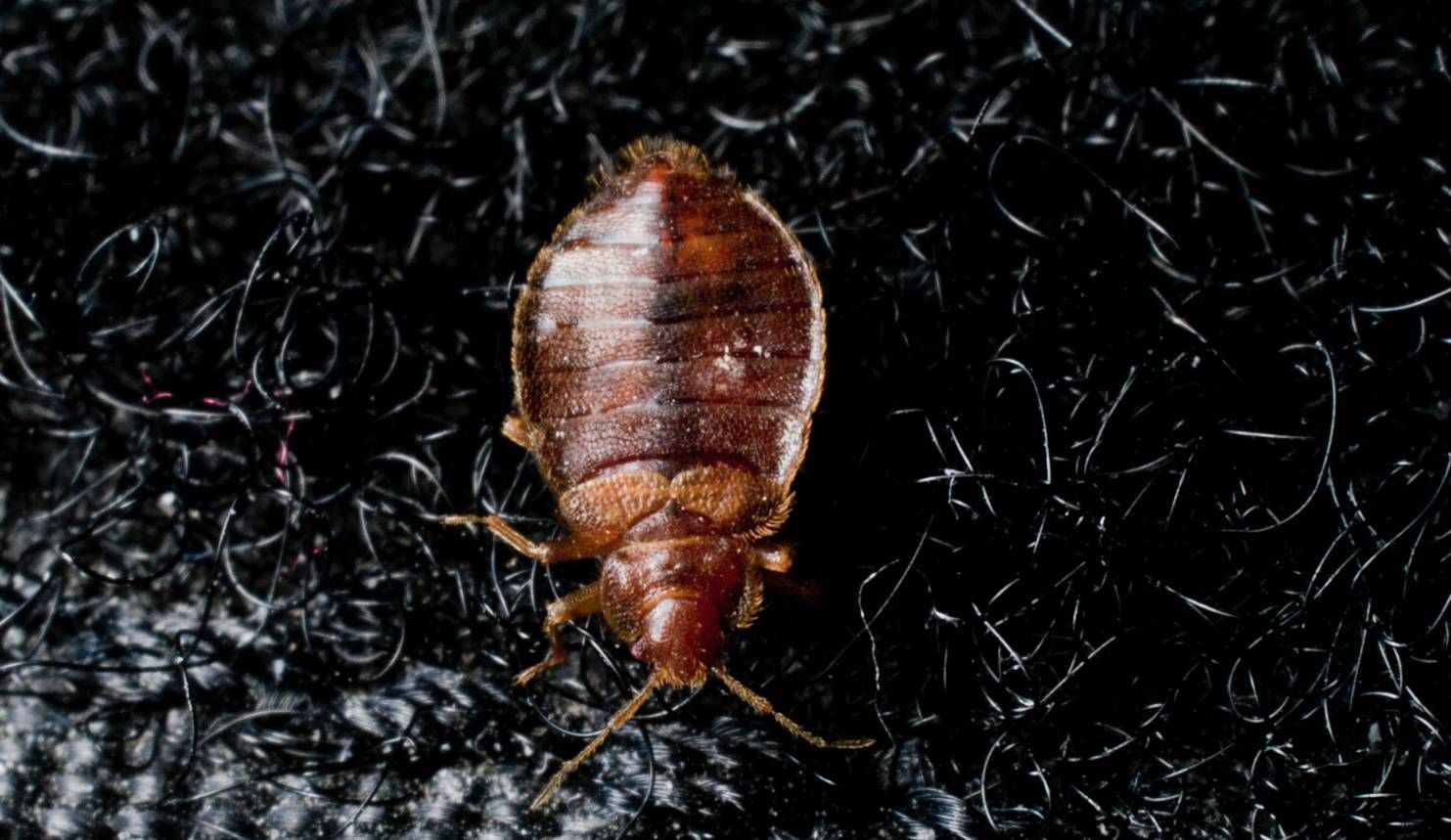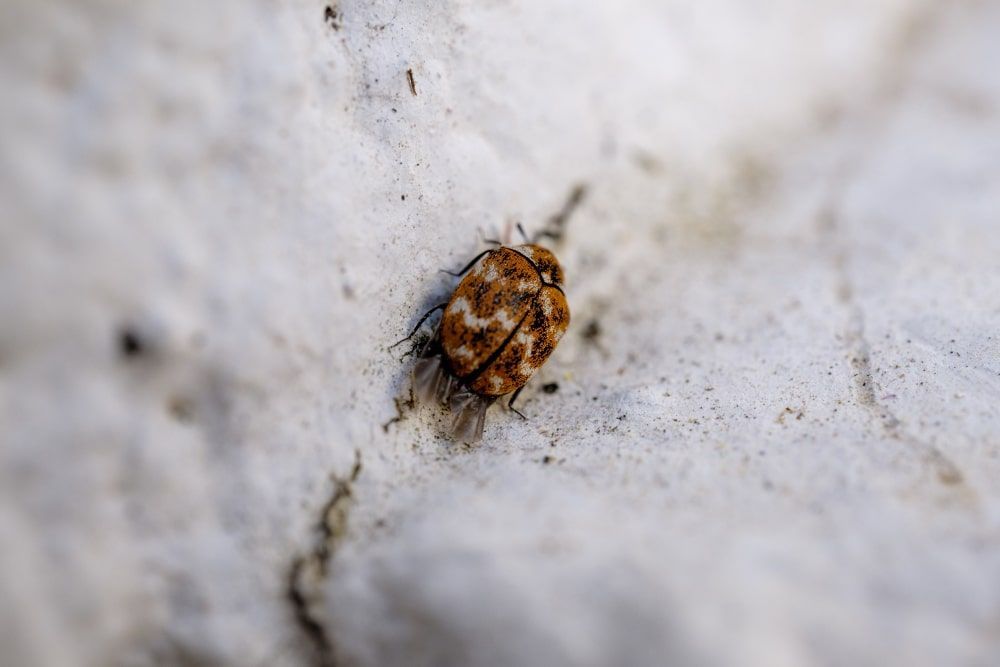Effective Mosquito Control in Fort Worth, TX: Strategies for a Healthier, More Comfortable Outdoor Experience
Mosquitoes are more than just a nuisance, the warm climate and frequent rainfall create the perfect breeding grounds for these pests, making it essential to have effective mosquito control strategies in place. With the potential for mosquitoes to transmit diseases such as West Nile virus, Zika, and malaria, protecting your home and family from mosquito infestations should be a priority. Fortunately, there are numerous mosquito control in Fort Worth, TX available to reduce the population and create a more enjoyable outdoor space.
Understanding the Mosquito Problem in Fort Worth
Fort Worth, like much of Texas, is home to a variety of mosquito species, including the notorious Aedes aegypti (which is known for spreading diseases like Zika and dengue fever) and Culex mosquitoes (which can carry West Nile virus). The city's warm temperatures, paired with seasonal rains, create ideal conditions for these mosquitoes to thrive. Standing water in areas such as clogged gutters, birdbaths, and even flower pots provides a place for mosquitoes to lay their eggs.
The problem is not just seasonal. Due to Fort Worth’s climate, mosquitoes can be active year-round, although they tend to be more abundant in the spring and summer months when the weather is hot and rainy. As such, homeowners and businesses must remain vigilant about mosquito prevention throughout the year to ensure that these pests don’t take over their properties.
The Importance of Mosquito Control
Beyond the discomfort of itchy bites, mosquitoes pose serious health risks. West Nile virus, a viral infection transmitted by mosquitoes, has been reported in Texas for years, with Fort Worth experiencing outbreaks in the past. Zika virus and other mosquito-borne diseases are also concerns for residents, especially for pregnant women, as they can lead to birth defects. Additionally, mosquitoes can make outdoor activities such as barbecues, gardening, and sports unpleasant.
Mosquito control is essential for not only minimizing the risk of disease transmission but also improving the quality of life for residents. Effective mosquito control allows people to enjoy outdoor spaces without constantly worrying about bites and the potential health hazards associated with them.
Mosquito Control Methods in Fort Worth
There are several effective methods to control mosquito populations in Fort Worth, ranging from DIY measures to professional mosquito control services. Here are some of the most common strategies:
1. Eliminate Standing Water
The most important step in mosquito control is eliminating places where mosquitoes can breed. Mosquitoes need standing water to lay their eggs, so reducing the number of water sources around your home is key. Check for areas where water may accumulate, such as:
- Gutters and downspouts that may be clogged with leaves or debris.
- Empty flower pots, birdbaths, and wading pools.
- Tires or other containers left outside that collect water.
- Pools and hot tubs that aren’t properly maintained.
Once you identify and eliminate these sources, you’ll be taking a huge step in reducing the local mosquito population.
2. Use Mosquito Traps
Mosquito traps can be an effective way to reduce mosquito numbers in your yard. These traps work by attracting mosquitoes using carbon dioxide, heat, or other attractants, then capturing them in a container or net. There are a variety of traps available, including propane-powered traps, electric traps, and more eco-friendly options. Some models are designed to run continuously, while others can be used periodically to target peak mosquito activity.
3. Mosquito Fogging and Spraying
For more immediate relief, many Fort Worth residents opt for mosquito fogging or spraying services. These treatments involve applying insecticides in areas where mosquitoes are known to gather, such as bushes, trees, and grassy areas. Professional mosquito control service can use fogging equipment to target mosquitoes at their source, effectively killing both adult mosquitoes and larvae.
It’s important to note that fogging and spraying are temporary solutions, which may need to be repeated every few weeks, especially during peak mosquito season. Additionally, when choosing a mosquito fogging service, be sure to ask about the type of insecticides used. Many professionals now use environmentally friendly, less-toxic products to ensure the safety of pets, children, and beneficial insects.
4. Mosquito-Repellent Plants
Certain plants naturally repel mosquitoes due to their scents. While they won’t completely eliminate mosquitoes, planting them around your yard can help reduce the number of pests. Some of the most popular mosquito-repellent plants include:
- Citronella (often used in candles and sprays).
- Lavender (its scent is particularly effective against mosquitoes).
- Marigolds (contain pyrethrum, which is a natural insect repellent).
- Lemon balm and basil (both emit strong scents that mosquitoes dislike).
Strategically placing these plants around your outdoor spaces can provide an additional layer of protection from mosquitoes.
5. Mosquito Barrier Treatments
Professional mosquito control services in Fort Worth often offer barrier treatments that involve spraying a liquid insecticide along the perimeter of your yard. This treatment creates a barrier that repels mosquitoes from entering the treated area for several weeks. Many of these barrier sprays are biodegradable and designed to target adult mosquitoes without harming the environment or non-target species.
6. Mosquito-Repellent Devices and Personal Protection
While outdoor treatments are essential for large-scale control, you can also protect yourself and your family with personal mosquito-repellent devices. Products such as citronella candles, essential oils (e.g., eucalyptus or peppermint), and wearable repellents can provide relief when spending time outdoors. In areas with particularly high mosquito activity, you might want to wear long sleeves and pants to minimize exposed skin.
Why Choose Professional Mosquito Control Services?
Although DIY methods are helpful, professional mosquito control services in Fort Worth offer a level of expertise and effectiveness that can be difficult to achieve on your own. Professional pest control companies have the knowledge, experience, and equipment needed to identify mosquito hotspots, apply the most effective treatments, and ensure long-lasting results.
Many companies also offer ongoing maintenance programs that monitor and treat your property regularly, keeping mosquito populations under control throughout the year. By hiring professionals, you can reduce your time spent battling mosquitoes and focus more on enjoying your outdoor spaces.
Conclusion
mosquito control in Fort Worth, TX, mosquitoes pose real health risks to residents and can make outdoor living uncomfortable. By understanding the local mosquito population and implementing effective mosquito control measures, you can take proactive steps to protect your home and family. Whether through eliminating standing water, utilizing mosquito traps, or hiring professional mosquito control services, there are many ways to reduce mosquito numbers and enjoy a mosquito-free yard. The key is consistency and vigilance to ensure that mosquitoes don’t take over your outdoor space. With the right strategies in place, you can reclaim your yard and enjoy the great outdoors without the constant buzz of mosquitoes.
About Texas Bug Slayers
Texas Bug Slayers is a professional pest control service dedicated to protecting homes and businesses from mosquitoes and other pests in the Fort Worth area. With effective, eco-friendly solutions and expert technicians, they ensure a mosquito-free environment year-round.







Pest Problems?
Texas Bug Slayers has pest control solutions. Contact us to keep pests out of your life.
Texas Bug Slayers







